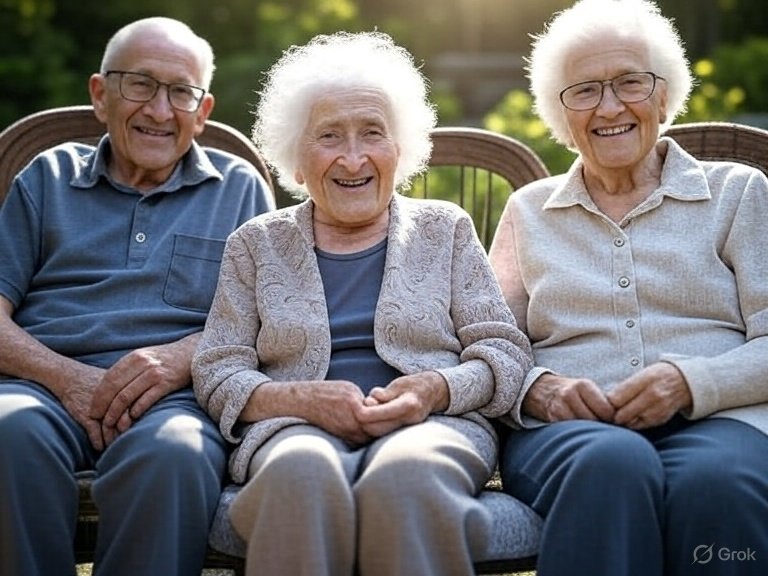Why do some People Ignore their Doctor and still get to live long?
8 comments

I recently met a man who is 80yrs old and has smoked since he was 14yrs. That is 66 yrs of smoking. Over half a decade of smoking. Yet, he did not have lung cancer, he had not had a heart attack. As a doctor, I was extremely curious and at the same time clueless.
How do I tell someone who has been smoking for so many years before I was born that smoking is unhealthy. I mean, all the things we said smoking will do to him seemed to be absent. He was not seeing me because he had any major issues. Have you ever met someone—or heard stories about people like that—who smoked all their life, yet lived well into their 90s or even past 100? Sounds crazy, right? We’re always told how dangerous smoking is (and it is!), yet some folks seem to beat the odds in ways that leave doctors like me and scientists scratching our heads.
Real-Life Legends Who Lit Up and Lived Long
Let’s start with some amazing real-life examples.
Jeanne Calment was a Frenchwoman who lived to 122 years old—the oldest verified person ever. She started smoking at 21 and didn’t stop until she was 117! She also loved her chocolate and wine.
George Burns, the American comedian, was famous for always having a cigar in hand. He lived to be 100 and once joked that if he gave up smoking, he might’ve lived to 110!
Fredie Blom, a South African man, was reportedly still puffing on hand-rolled cigarettes at 114.
And of course, Winston Churchill, the legendary British Prime Minister, enjoyed his cigars and whisky regularly—and lived to 90.
What do all these people have in common? Besides their love for smoking, they all lived much longer than expected.
Is There a Secret Sauce?
Now, before you toss out your nicotine patches or decide to ditch your health goals, here’s the catch: these folks are very rare exceptions. Most people who smoke face a much higher risk of cancer, heart disease, and early death. But why did these few seem almost untouchable?
Scientists believe the answer might lie in their genes. Some people seem to be born with what you could call “super-resilience”—bodies that are naturally better at repairing damage and staying healthy, even when exposed to harmful stuff like smoke.
Think of it like this: if smoking causes damage, most people’s bodies struggle to keep up. But a tiny group of people might have genetic traits that act like little health guardians, working overtime to fix and protect their cells.
Does This Mean Smoking Is Safe?
Let’s be clear: these stories are fascinating, but they’re not a free pass to light up. For the vast majority of people, smoking still takes a serious toll. In fact, on average, smokers die at least 10 years earlier than non-smokers. And those with those “lucky genes”? They make up only a tiny slice of the population.
Even for people with strong genes, smoking doesn’t just affect the lungs or heart. It can damage your teeth, your skin, your energy levels—and let’s not forget second-hand smoke, which harms others too.
So Why Talk About It At All?
Great question. Exploring these rare cases isn’t about encouraging smoking—it’s about learning. If scientists can understand why these rare individuals stayed healthy, maybe they can find ways to help everyone live longer and better—without needing to defy the odds or take big risks.
Researchers are already looking into ways to boost the body’s natural repair systems. Maybe in the future, we’ll all benefit from what these super-agers have in their DNA.
Final Thoughts
So yes, it’s true—some people smoke their whole lives and still live to 100. But they’re the exception, not the rule. Most of us don’t have those superhero genes, and the risks of smoking are very real.
Still, their stories remind us that the human body is incredible—and that understanding what makes some people so resilient could help improve health for everyone.
In the meantime? If you smoke, quitting is still the best gift you can give your future self. But hey, if you’re fascinated by stories like these, you’re not alone—and who knows what other secrets about longevity science is yet to uncover?
Got thoughts or questions about this? Ever met someone like the people mentioned above? Drop a comment—I’d love to hear your story.



Comments